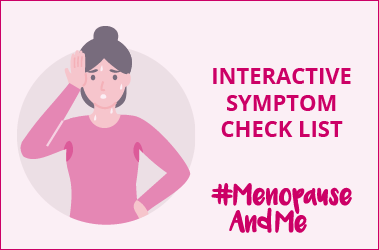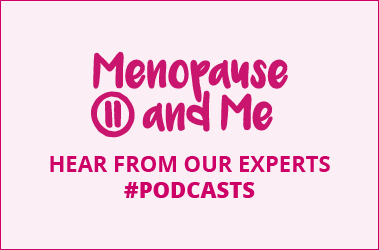
Osteoporosis
Osteoporosis is a condition of the bones. With osteoporosis, bones become thinner, weaker and can break easily.
A broken bone can have a severe impact on your life - it can cause a lot of pain and disability. It can make it harder to do daily tasks on your own, such as walking. Broken bones, because of osteoporosis, are common in the wrist, spine and hip.
Bone is constantly changing; the body removes old bone and new bone is added. Oestrogen plays an important role in building new bone. The decline in oestrogen levels, after the menopause, can increase the risk of post-menopausal women developing osteoporosis.
Some women are more at risk of developing osteoporosis than others. Risk factors, include:
- A family history of osteoporosis
- Early menopause (reduced amounts of sex hormones - oestrogen and testosterone)
- Insufficient calcium throughout life
- Extended bed rest
- Smoking
- Long-term heavy drinking
- Using certain medicines, such as steroid medications, for long periods of time
- Being thin or having a small body frame
If you have any of these risk factors or are concerned about the health of your bones, talk to your healthcare professional.
Exercise and a proper diet can help maintain bone strength or slow the rate of bone loss. Regular weight bearing exercise (such as walking, running, stair climbing, or using weights to exercise) at least three or four times a week can help keep your bones strong. Strengthening and balance exercises can help you avoid falls, which could cause a broken bone.
You can also preserve bone density by eating foods rich in calcium and vitamin D or, if needed, taking calcium and vitamin D supplements.
Sometimes exercise, diet, and lifestyle changes are not enough, and medicines are needed. Some of these build up bone density. Others prevent further bone loss.
Use our Symptom checklist and speak to your healthcare professional!
Recommended for you
Job Code: NON-2022-0120
Date of preparation: February 2022





